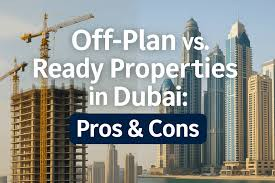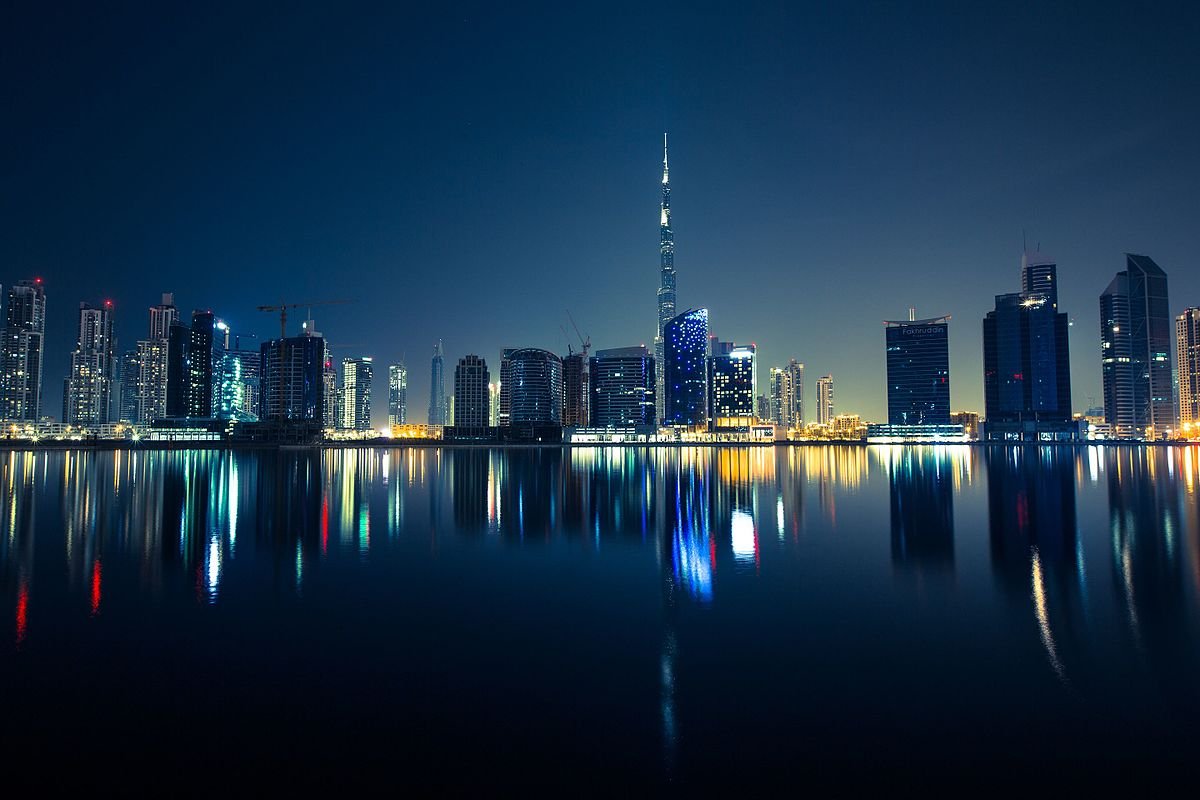Now Reading: Abu Dhabi’s Family-Friendly Developments: A New Era in Luxury Living
-
01
Abu Dhabi’s Family-Friendly Developments: A New Era in Luxury Living
Abu Dhabi’s Family-Friendly Developments: A New Era in Luxury Living
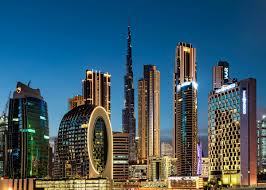
Table of Contents
Abu Dhabi’s Family-Friendly Developments: dubai’s real estate market, valued at AED 761 billion with 226,000 transactions in 2024, remains a global investment hub as outlined in the Dubai 2040 Urban Master Plan. In 2025, a 3–5% price correction is expected in non-prime areas due to a 76,000-unit supply, but prime locations promise 5–8% appreciation and 6–9% rental yields. Leveraging PropTech, Law No. 16 of 2023 for sustainability, and high-value employment tax credits, investors can target off-plan projects, smart homes, and emerging areas like Abu Dhabi South. This analysis, updated for May 31, 2025, explores trends, opportunities, challenges, and strategies, with insights from Sharjah’s affordable market.
1. Overview of Dubai’s Real Estate Market in 2025
Market Dynamics
- Price Correction: 3–5% decline expected in non-prime areas (e.g., JVC, Dubailand), while prime areas (Downtown, Dubai Marina) see 5–8% growth.
- Law No. 16 of 2023 mandates green building standards.
Key Segments
- Residential: 60% of transactions, villas yield 7–9%, apartments 6–8% in prime areas.
- Commercial: 5–7% growth in DIFC, Business Bay due to tech and finance.
- Off-Plan: 43% of 2024 sales, driven by flexible payment plans.
- Luxury: Properties above AED 15 million see 10% growth.
Comparison to Sharjah
- Sharjah’s Market: Properties range from AED 639,000 to 1.5 million, offering 5–7% yields in projects like Aljada. Its AED 20 billion market is smaller than Dubai’s.
- Advantages: Dubai’s global appeal and higher yields contrast with Sharjah’s affordability for local investors.
2. Predicted Price Corrections in 2025
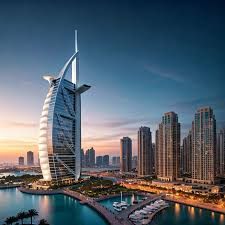
Causes
- Global Factors: Oil price fluctuations and geopolitical tensions may reduce non-resident investment (25% of 2024 buyers).
- Developer Competition: Aggressive off-plan launches dilute ready property demand.
Impact by Area
- Non-Prime: 3–5% decline in JVC, Dubailand, Al Furjan (20,000+ units).
- Prime: 5–8% growth in Downtown, Dubai Marina due to limited supply.
- Emerging: 5–7% growth in Dubai South, Dubai Creek Harbour with metro expansions.
- Luxury: 8–10% appreciation in Palm Jumeirah, Emirates Hills.
Comparison to Sharjah
- Price Stability: Sharjah’s 10,000-unit supply limits corrections to 1–2%, with 3–5% appreciation, but lower demand compared to Dubai’s prime areas.
3. Opportunities in Dubai’s Real Estate Market
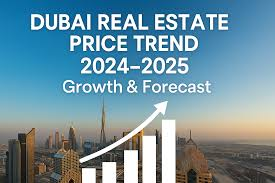
Off-Plan Investments
- Benefits: 10–50% payment during construction, 7–9% yields, 5–10% appreciation at handover.
- Projects: Emaar Beachfront (AED 2–4M), Sobha Hartland (AED 1.5–3M) with 40/60 plans.
- Example: AED 2 million Emaar villa, AED 400,000 initial, yields AED 140,000–180,000 annually by 2028.
Prime and Emerging Areas
- Prime: Downtown, Dubai Marina offer 6–9% yields, 5–8% growth.
- Example: AED 1.5 million Dubai South apartment yields AED 90,000–120,000 annually.
Smart and Net-Zero Homes
- Example: AED 2.5 million Sustainable City villa saves AED 50,000–75,000 annually, yields 7–9%.
Short-Term Rentals
- Example: AED 2 million Marina apartment yields AED 160,000–240,000 annually.
Tax Incentives
Comparison to Sharjah
- Opportunities: Sharjah’s Aljada offers 5–7% yields at AED 639,000, but Dubai’s prime areas and tourism drive higher returns.
4. Challenges Amid Price Corrections
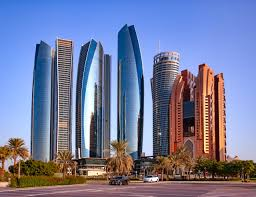
Financial
- Financing Costs: EIBOR-linked mortgages (3–5%) may rise.
Regulatory
Market
- Oversupply: 76,000 units in non-prime areas risk 3–5% price drops.
- Competition: Over 2,000 real estate firms dilute demand.
- Global Risks: Oil price volatility may deter 25% of non-resident buyers.
Technical
- Developer Risks: Off-plan delays affect ROI timelines.
Comparison to Sharjah
- Challenges: Sharjah’s smaller supply and lower compliance costs (AED 2,500 licensing) reduce risks, but limited tourism caps returns.
5. Strategies for Capitalizing on Opportunities
Investment Strategies
- Off-Plan Investments:
- Target Emaar Beachfront, Sobha Hartland with 40/60 plans, 10–20% initial payments.
- Example: AED 2 million Sobha villa, AED 400,000 down, yields 7–9% by 2028.
- Prime and Emerging Areas:
- Invest in Downtown for 6–9% yields, Dubai South for 5–7% growth.
- Example: AED 1.5 million Dubai Creek apartment yields AED 90,000–120,000 annually.
- Smart and Net-Zero Homes:
- Example: AED 2.5 million Valley villa yields AED 175,000–225,000 annually.
- Short-Term Rentals:
- Develop holiday homes in Dubai Marina for 8–12% yields.
- Sharjah Diversification:
- Allocate 20–30% to Aljada (AED 639,000–1 million, 5–7% ROI).
- Example: AED 1 million Aljada unit yields AED 50,000–70,000 annually.
Operational Strategies
- Compliance Management:
- PropTech Adoption:
- Example: Property Finder’s VR tours save AED 10,000 in viewing costs.
- Financing Optimization:
- Secure fixed-rate mortgages (3–5%) via Mortgage Finder, budget AED 60,000–120,000 for fees.
Sustainability Strategies
- Green Investments:
- Smart Homes:
- Develop IoT-enabled properties for 20–30% energy savings.
- Hatta Tourism:
- Invest in eco-tourism properties (AED 3 million, 6–8% ROI).
Risk Mitigation
- Cost Management:
- Market Monitoring:
- Track DLD, Dubai REST data to avoid oversupplied areas.
- Due Diligence:
- Verify developer escrow accounts via RERA.
- Diversification:
- Balance Dubai’s prime investments with Sharjah’s low-cost options.
6. Recommendations for 2025
- Immediate Actions (Q1–Q2 2025):
- Action: Register with EmaraTax by March 31, 2025, invest in Emaar Beachfront off-plan (AED 2 million, 7–9% yield) with 20% down.
- Example: AED 2 million villa, AED 400,000 initial, yields AED 140,000–180,000 by 2028.
- Rationale: Secures low rates, avoids correction impact.
- Strategic Investments (2025):
- Action: Target Dubai Creek Harbour or Dubai South for 5–7% growth, using 0% CT in free zones.
- Example: AED 1.5 million Dubai South apartment yields AED 90,000–120,000 annually.
- Rationale: Leverages metro-driven demand.
- Sharjah Integration:
- Action: Invest 20–30% in Aljada (AED 1 million, 5–7% yield) with 10% down.
- Example: AED 639,000 apartment yields AED 32,000–45,000 annually.
- Rationale: Diversifies risk, affordable entry.
- Long-Term Vision (2026–2040):
- Action: Develop smart, net-zero homes in The Valley for 7–10% ROI by 2035, targeting 25 million tourists.
- Example: AED 2.5 million smart villa yields AED 175,000–225,000 annually.
- Rationale: Aligns with Net-Zero 2050.
- Operational Excellence:
- Use PropTech (Dubai REST, TPGenie), engage KPMG for compliance, apply for Emirates Energy Award 2025 by March 1, 2025.
Conclusion
As of May 31, 2025, Dubai’s real estate market offers opportunities despite a 3–5% price correction in non-prime areas, with 6–9% yields and 5–8% growth in prime locations. Off-plan projects, smart homes, and emerging areas like Dubai South provide high ROI, supported by PropTech and Law No. 16 of 2023. Challenges include oversupply, CT/TP compliance, and EIBOR risks, mitigated by Sharjah’s affordable model. By leveraging strategic investments, compliance tools, and sustainable projects, investors can navigate corrections and build wealth in Dubai’s market by 2040.
Price Corrections
- Causes: 76,000-unit supply, 1.45% EIBOR, oil volatility, developer competition.
- Impact:
- Non-Prime: 3–5% drop (JVC, Al Furjan).
- Prime: 5–8% growth (Downtown, Marina).
- Emerging: 5–7% growth (Dubai South, Creek).
- Luxury: 8–10% growth (Palm Jumeirah).
- Sharjah: 1–2% correction, 3–5% appreciation.
Recommendations
- Q1–Q2 2025: Register by March 31, 2025, invest AED 2M in Emaar off-plan (7–9% yield).
- Strategic: Creek Harbour, Dubai South (5–7% growth), 0% CT free zones.
- Sharjah: 20–30% in Aljada (AED 1M, 5–7% yield).
- Long-Term: Smart, net-zero homes (7–10% ROI by 2035).
- Execution: PropTech, KPMG, Emirates Energy Award by March 1, 2025.
read more: Dubai Real Estate 2025: Navigating the Predicted 15% Price Correction
watch more:



